Before they served the college, some employees served the United States as members of the armed forces.
“We pretty much stood on the border and growled at the Russians and they growled back, but we never threw any punches,” Chris Kirschner, a college electrician who served in the Army during the Cold War, said of his time serving in West Germany.
Kirschner developed electronics skills that would eventually bring him to Lafayette by repairing the “electronic equipment that was used for surveillance, aerial photography [and] early inception satellite … [that] would be used to assess the enemy.”
Kirschner, who comes from a family with a long history of military service, served for over two years in West Germany.
“[I] wasn’t a good fit for college, so it was a good thing I could learn the trade of electronics,” Kirschner said.
Like Kirschner, Thomas Pursel, supervisor of steam plant operations, served in the Army.
“Rather than go to college, I got the opportunity and ended up with Uncle Sam,” Pursel said. “When I joined, it was kind of a bad time. It was at the end of Vietnam. At that time, I thought it was my best option.”
Pursel “went to wheel vehicle school — mechanic school,” then to track vehicle mechanic school, where, he said, he “worked on all tracks, vehicles, tanks … anything with tracks on ‘em.”
Donald Brinker, the assistant supervisor of mechanical trades, said that his family could not afford college.
“[To] further my education, I thought that the US Navy was a good fit,” Brinker said.
Brinker was a nuclear weapon technician for three years aboard the USS Dwight D. Eisenhower, where, he said, he got into hydraulics.
“[That] helped me get to Lafayette, ultimately,” Brinker said.
Trevor Zampese, a Public Safety sergeant, cited similar pull factors to the military as Brinker.
“I joined right out of high school,” Zampese said. “I was 18 … A lot of friends of mine were joining at the same time, so we ended up joining together. We knew we wanted to be in the Army. None of us could really afford college at the time. So we knew that going in, our educations would be paid for or assisted in some way.”
Serving in the military police, Zampese helped guard entry control points by “letting the right people in, doing vehicle searches [and] person searches.”
Zampese was later trained as a combat engineer, working with demolitions, explosives and “sometimes even bridge building.”
Brian Martino, a Public Safety officer, also enlisted at 18. He said his family was “terrified” when he joined the Marine Corps.
“You make decisions when you are 18 and you go with it,” Martino said.
Martino said that when he first got off the bus at Parris Island, he thought his enlistment was “a big mistake.”
“But, in the end, it turned out that it really, really wasn’t,” Martino said. “It was a great move on my part.”
During his time in the Marines, Martino learned about how to identify Soviet aircraft, infantry and grenades, as well as how to handle explosives and bayonets.
“You couldn’t put any of that stuff on a resume,” Martino joked.
However, Martino has been able to “bring into the civilian world [and] into his professional life” the discipline he learned as a Marine.
“It served me well,” Martino said.
As the veterans eased back into civilian life after their military service, most agreed that it was a relatively smooth transition.
Zampese, who will be ending his military service in April 2023 and has just begun his civilian career, said he’s “been having a great time so far,” citing the kindness of Lafayette’s students, staff and administration as being great sources of support as he transitions into this next chapter of his life.
Pursel said that the transition wasn’t bad for him and that he “couldn’t wait to get out.” He also noted that, despite veterans being treated much better now by American society than during the Vietnam era in which he served, he is still disappointed that the college does not recognize Veterans Day as a holiday.
“I have to use one of my floating holidays or vacations,” Pursel said. “I just don’t think it’s right but I don’t make those kinds of decisions here.”
Despite having served in different eras and political contexts, each of the men agreed that serving their country is “a great thing.”
“I think it’s an honor … it really is, to serve your country,” Brinker said.
Brinker said that Veterans Day isn’t just about civilians recognizing the service of veterans in their community and across the country, but also about veterans recognizing fellow veterans.
“I am very much appreciative of everybody that served with me, and under me and over me,” Brinker said.


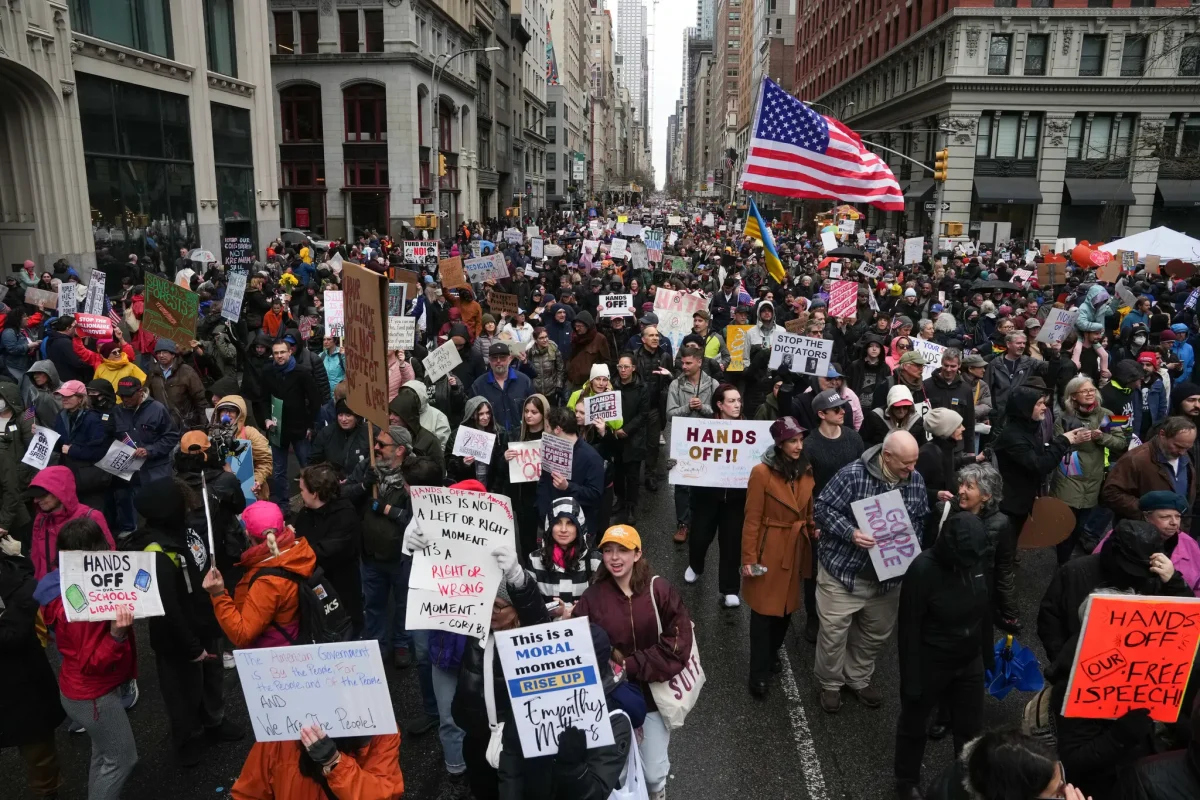
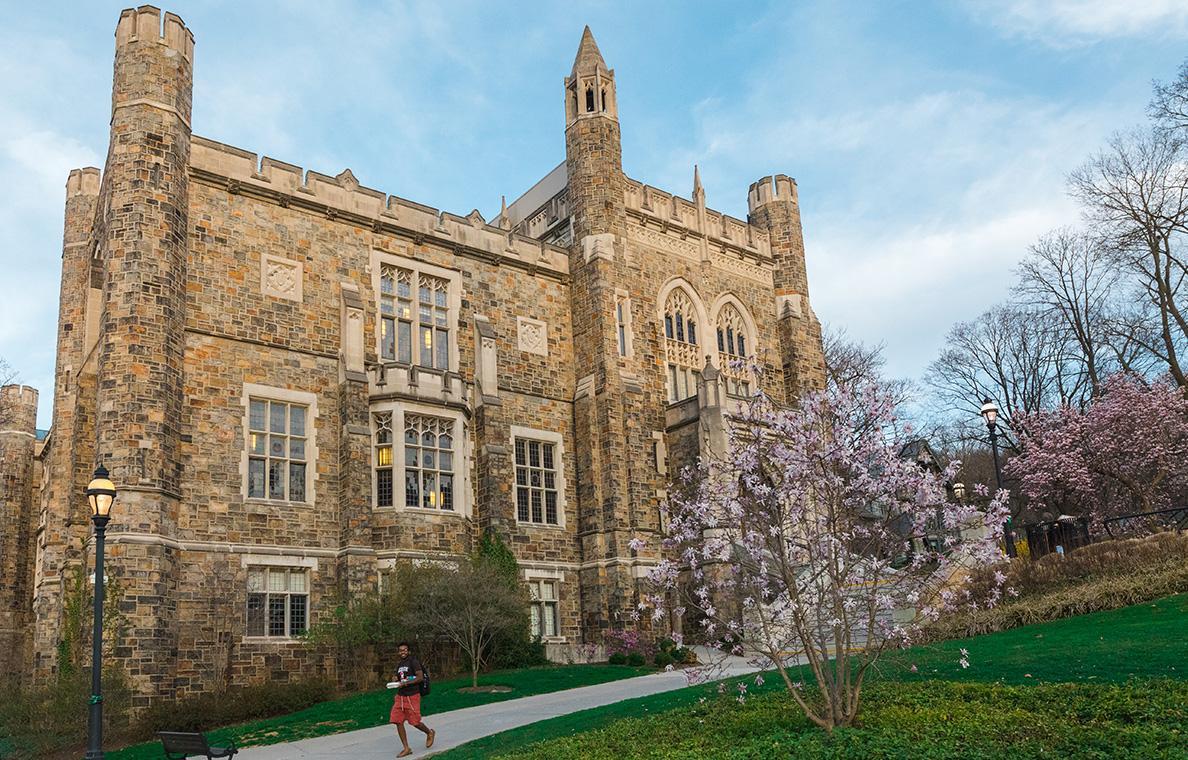






















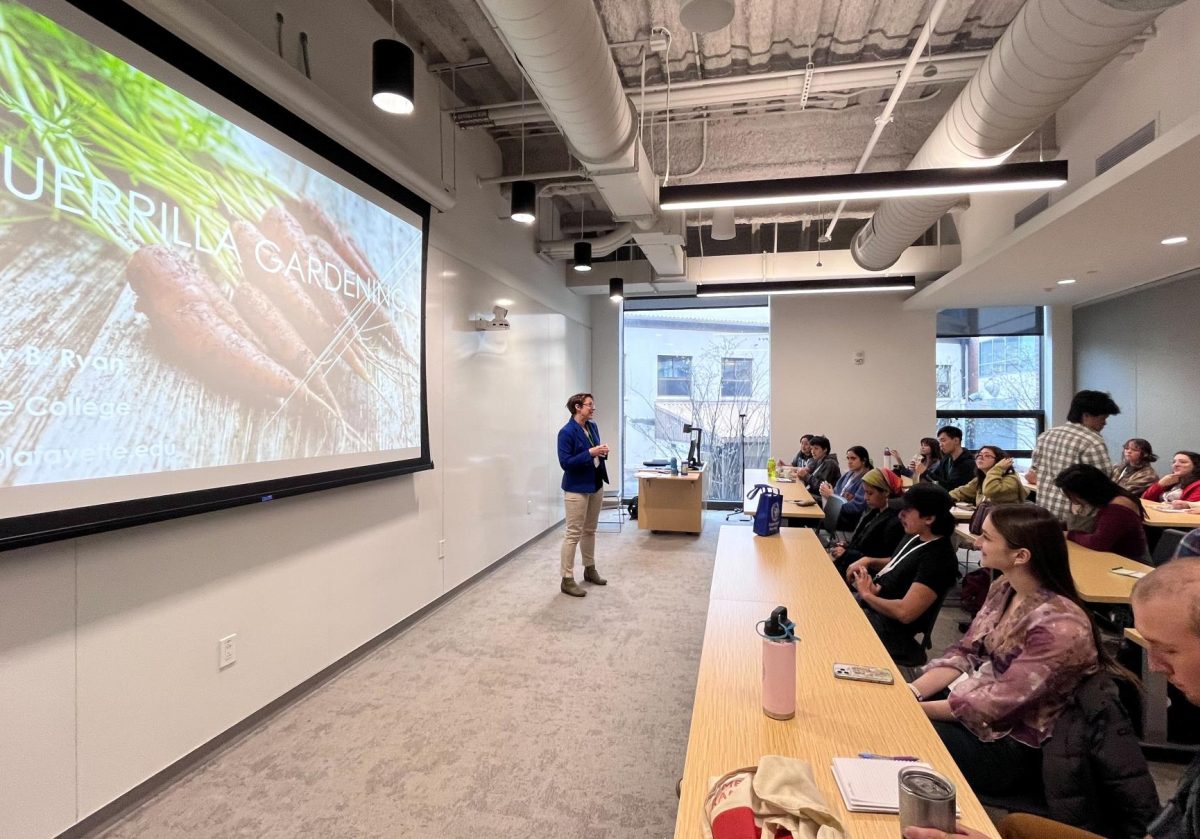
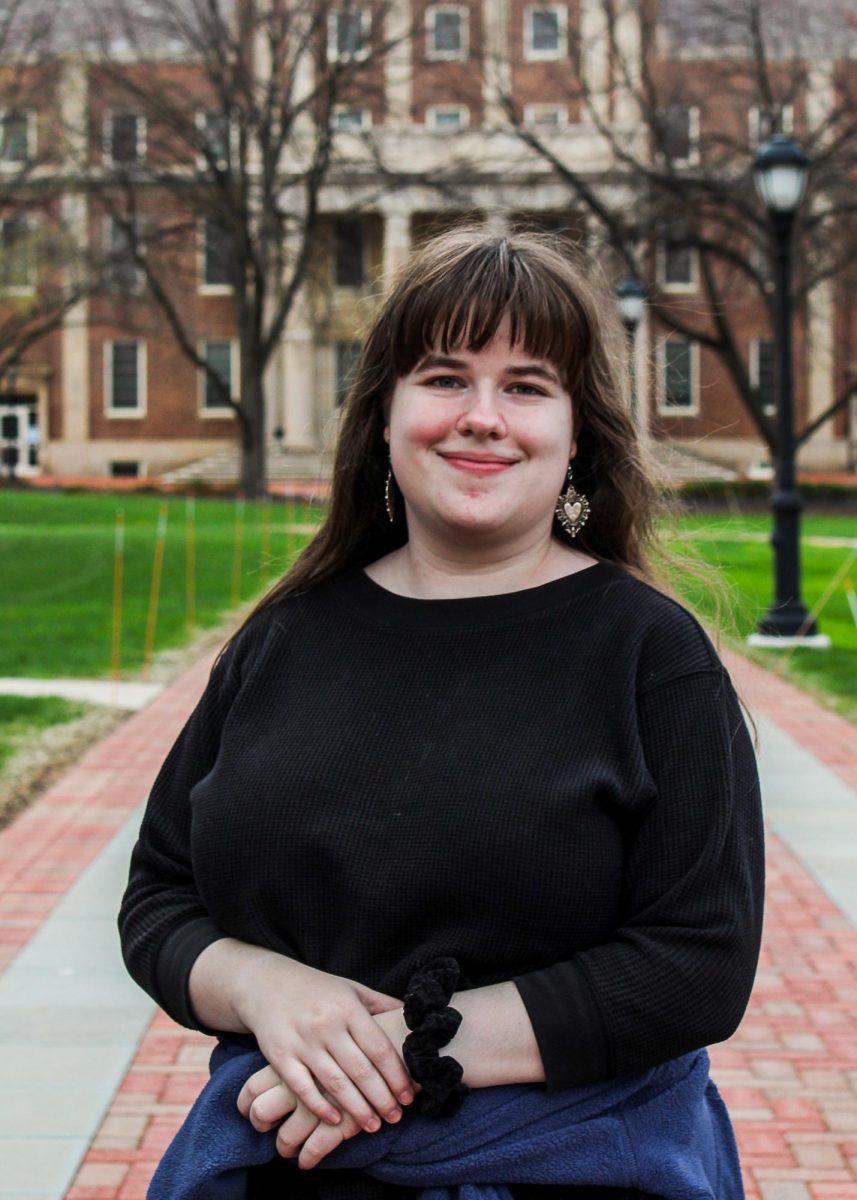
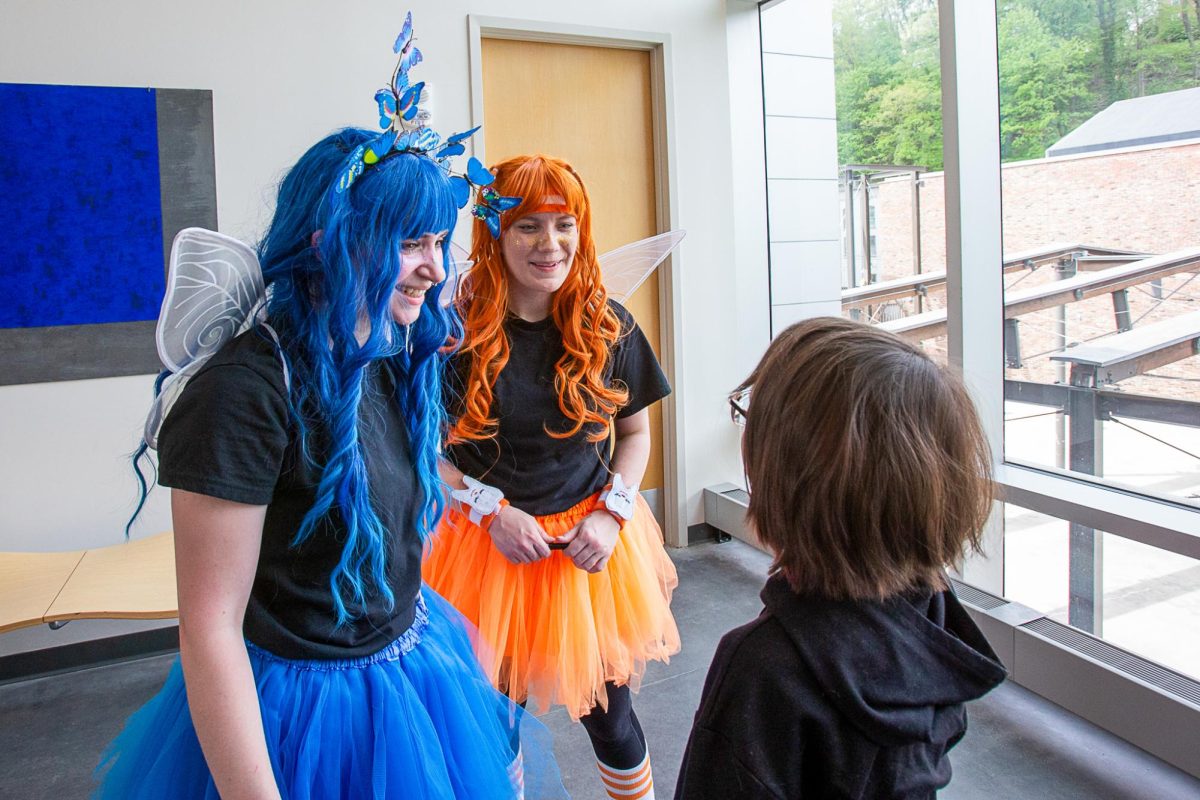






























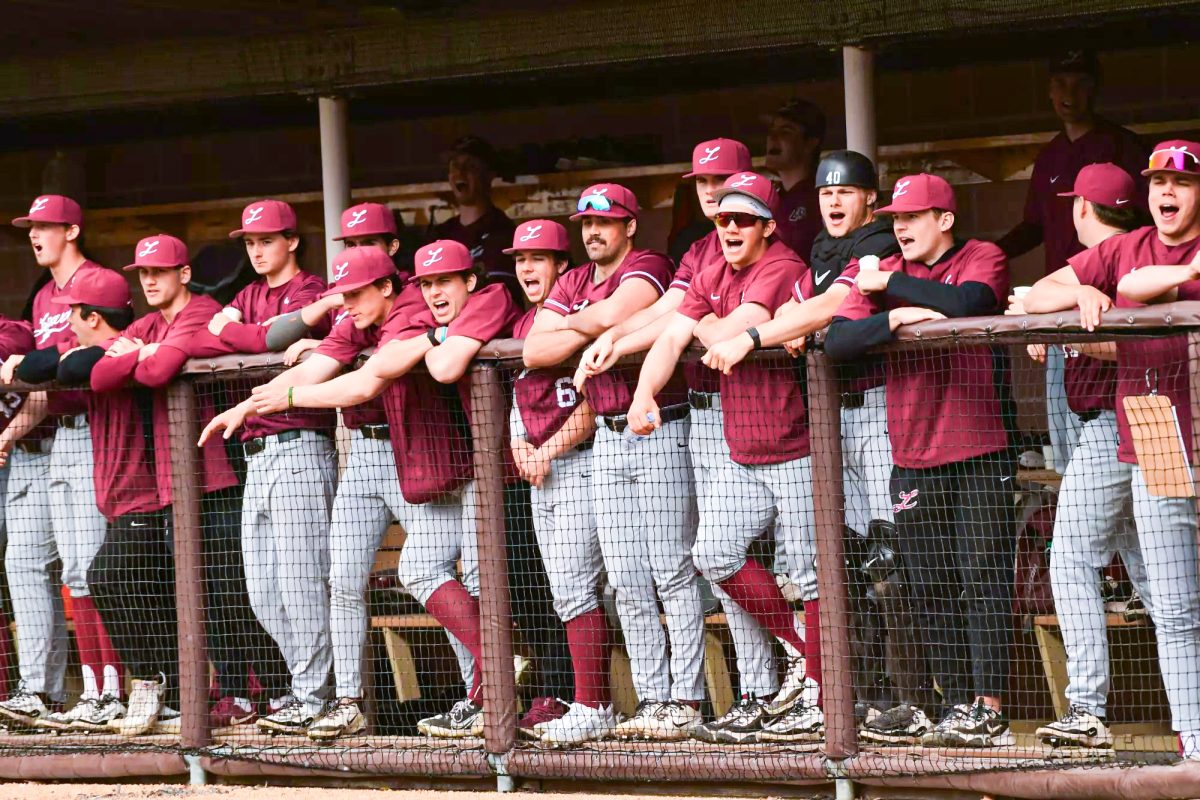


























































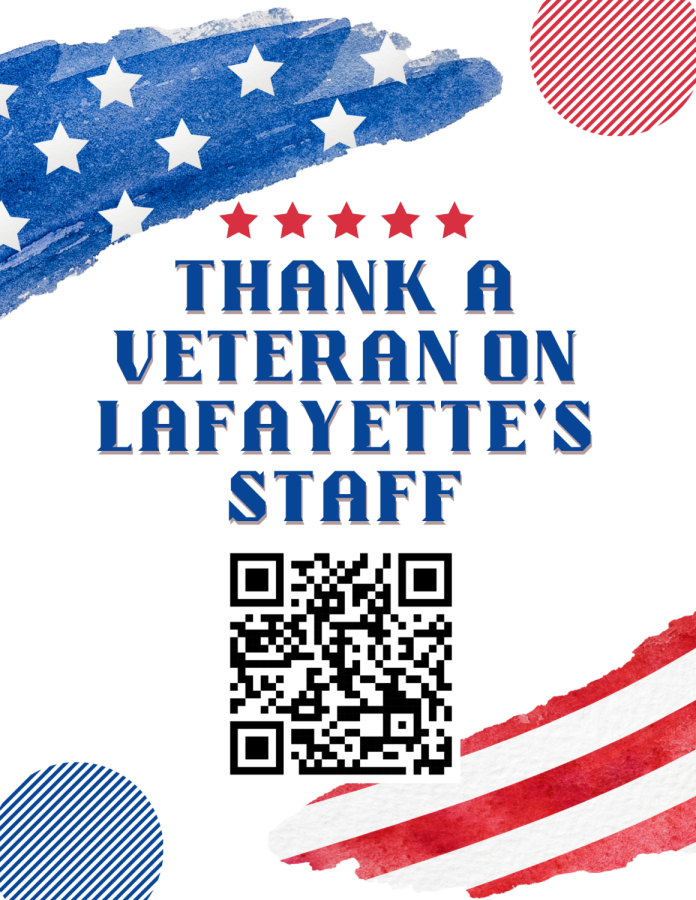
Arlene Muschlitz • Nov 11, 2022 at 9:27 am
A great tribute to your veteran employees! Thank you for the excellent article. My son, Chris Kerchner, served his years in the Army with pride and continues that feeling as a veteran! US ARMY PROUD!